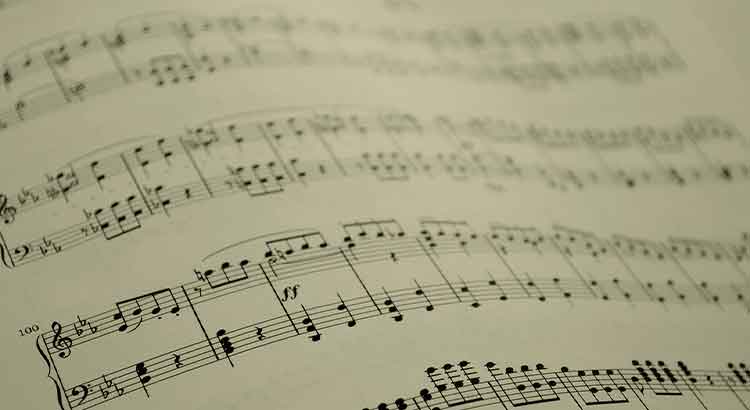Winter is a literary creation… Thirty-seven degrees Celsius. Sleep is an impossibility, as is thinking in serenity when matter spills discomfort. Several of the benefits of low temperature for the arts of the spirit are said. And it could be added: high temperatures repel thought; being in essence great agitation, they represent precisely the opposite of calm that encourages the mind to reflect. Waking up in fatigue, discouragement due to a bad night’s sleep. One interrupts reasoning by thinking about physical discomfort. Worse: to perceive clothes, shoes, everything contributing to an intolerable sensation. The environment naturally muffled, the forehead wet. And nothing wins, nothing interrupts the sensation of inhabiting a gigantic oven that is impossible to turn off…
____________
Read more:



